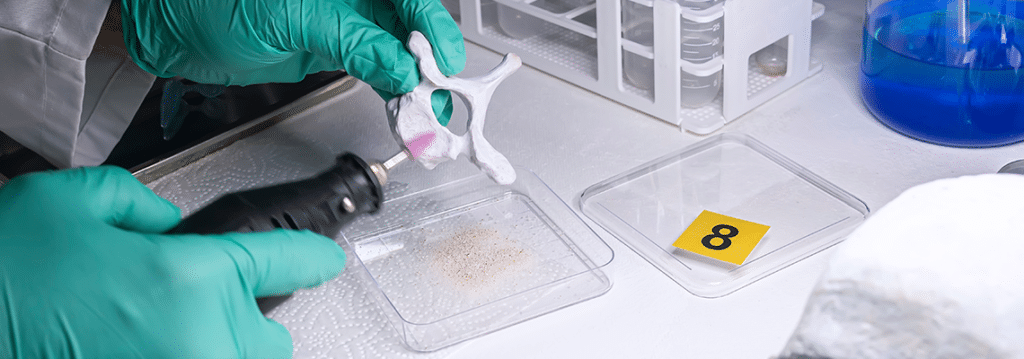
Victim Advocate Spotlight: 10 Years of H-E-A-R-T Retreats for Sexual Assault Survivors
December 7, 2021
Ten years ago, a nonprofit organization called Hope Exists After Rape Trauma (or H-E-A-R-T) began offering retreats for survivors. These events gave victims a space to talk with other victims, share experiences, and heal from sexual assault and abuse. Many survivors find this opportunity for peer-to-peer support to be more effective than working one-on-one with a professional counselor. InnoGenomics would like to celebrate this anniversary of hope and recovery, as well as congratulate H-E-A-R-T on the impact of their broader programming!
Founded by Debbie Smith, herself a rape survivor, H-E-A-R-T is a victim-centered nonprofit organization that provides support to victims and to public policy reforms for sexual assault investigations. Beyond the twice-a-year retreats, H-E-A-R-T also provides victims with security via a change of locks, an alarm system, or even relocation support. The organization offers funds for childcare or lost wages so the victim can attend court. And finally, H-E-A-R-T plays a significant role in promoting the use of DNA to help victims of assault reach justice.
As InnoGenomics has written before, the backlog of untested sexual assault kits hinders investigations and prevents perpetrators from being brought to justice. Through Debbie’s work educating and engaging legislators and law enforcement officials, in 2004 Congress passed the Debbie Smith Act, a pivotal funding tool for forensic laboratories to defeat SAK backlogs.
Reauthorized in 2019, the law allocates $151 million every year to support public forensic laboratories in processing DNA evidence, in hopes of promoting the total capacity of DNA testing over time. According to an ABC News report, since the law’s enactment, almost 200,000 sexual offenders have been identified. Over 40% of all DNA matches since 2005 stemmed from resources that became available thanks to the legislation’s generous grants.
How can you ever quantify the impact of legislation such as the Debbie Smith Act? To us at InnoGenomics, in one sense the impact can never be counted—only felt. You can feel it by listening to the testimonials of survivors, such as those who attend the H-E-A-R-T retreats. In this video, they speak about the healing that comes from finding their voice, and we believe the criminal justice system should play a strong role in helping survivors to speak.
Research from a business perspective, however, can put the impact of H-E-A-R-T’s other work on SAK backlogs into hard numbers. West Virginia University’s Project FORESIGHT, a business-guided self-evaluation of global forensic science laboratories, did just that. FORESIGHT created an accounting of the return on investment at the jurisdictional level. In other words, they calculated the net benefits to society relative to the investment in testing SAKs.
Benefits considered by FORESIGHT include a survivor’s resolution of the assault and the inhibition of serial criminals, as well as the prevention of external societal costs. These avoided costs include increased security expenditures, losses in productivity, and justice system expenditures that occur because of assaults.
The researchers found that testing all SAKs results in an ROI of between 9,874% to 64,529%, depending on the jurisdiction. So, for each dollar invested in quelling the sexual assault kit backlog, the benefits to society produce a potential return of thousands of dollars greater!
Through the continued work of H-E-A-R-T and Debbie Smith, our society will continue to accrue these benefits. More perpetrators will be brought to justice, and more survivors will connect with each other and heal.
To support this critical work, visit H-E-A-R-T.org.

